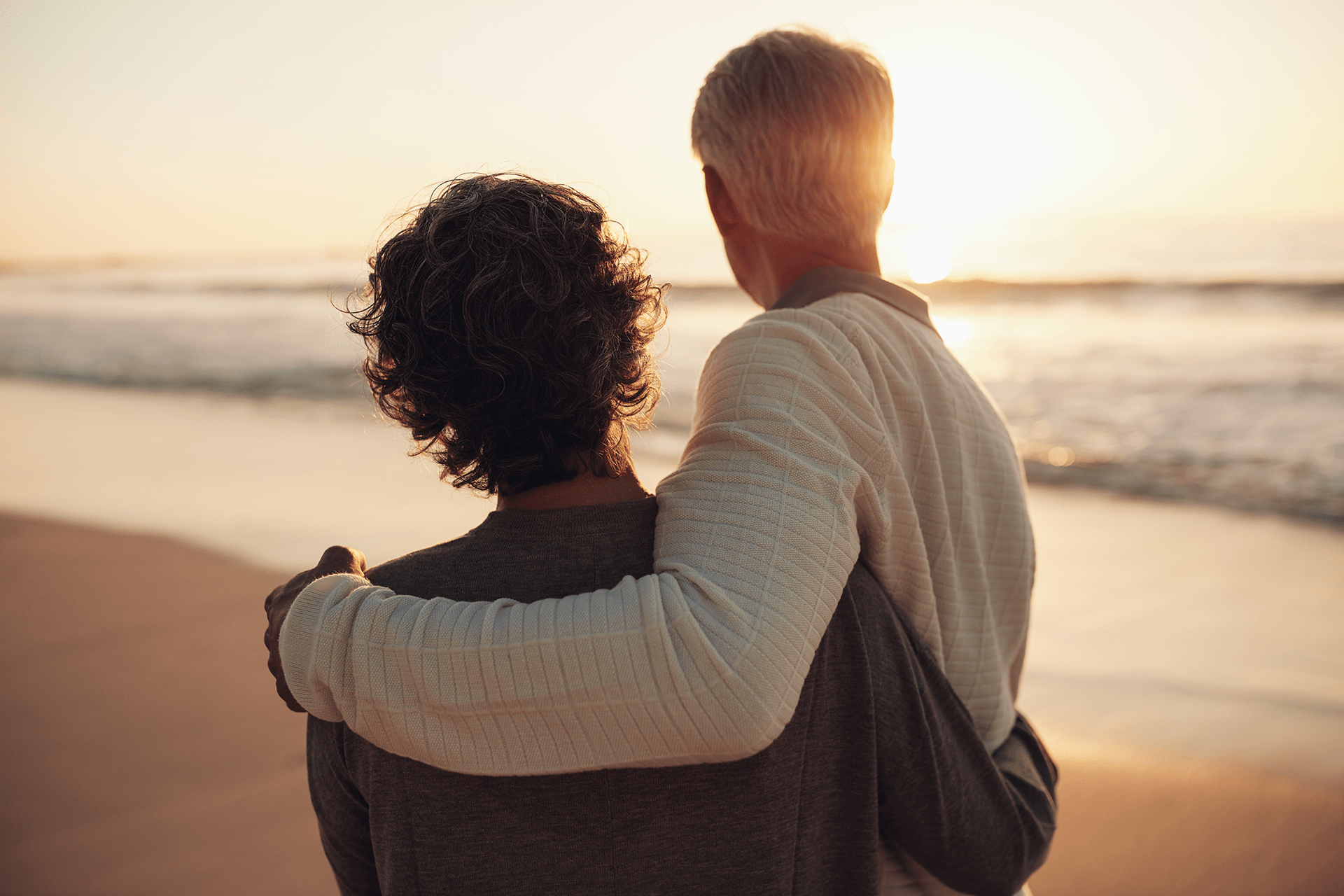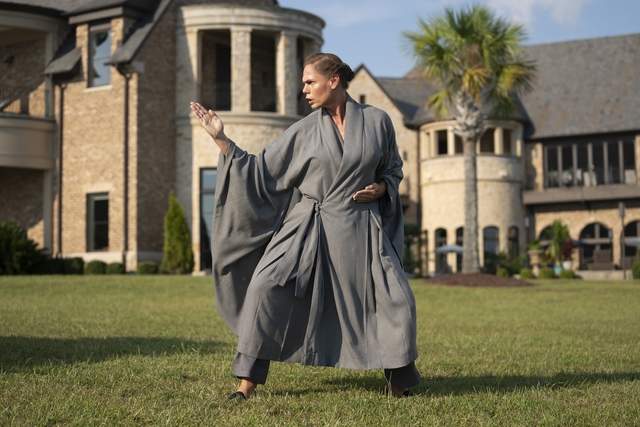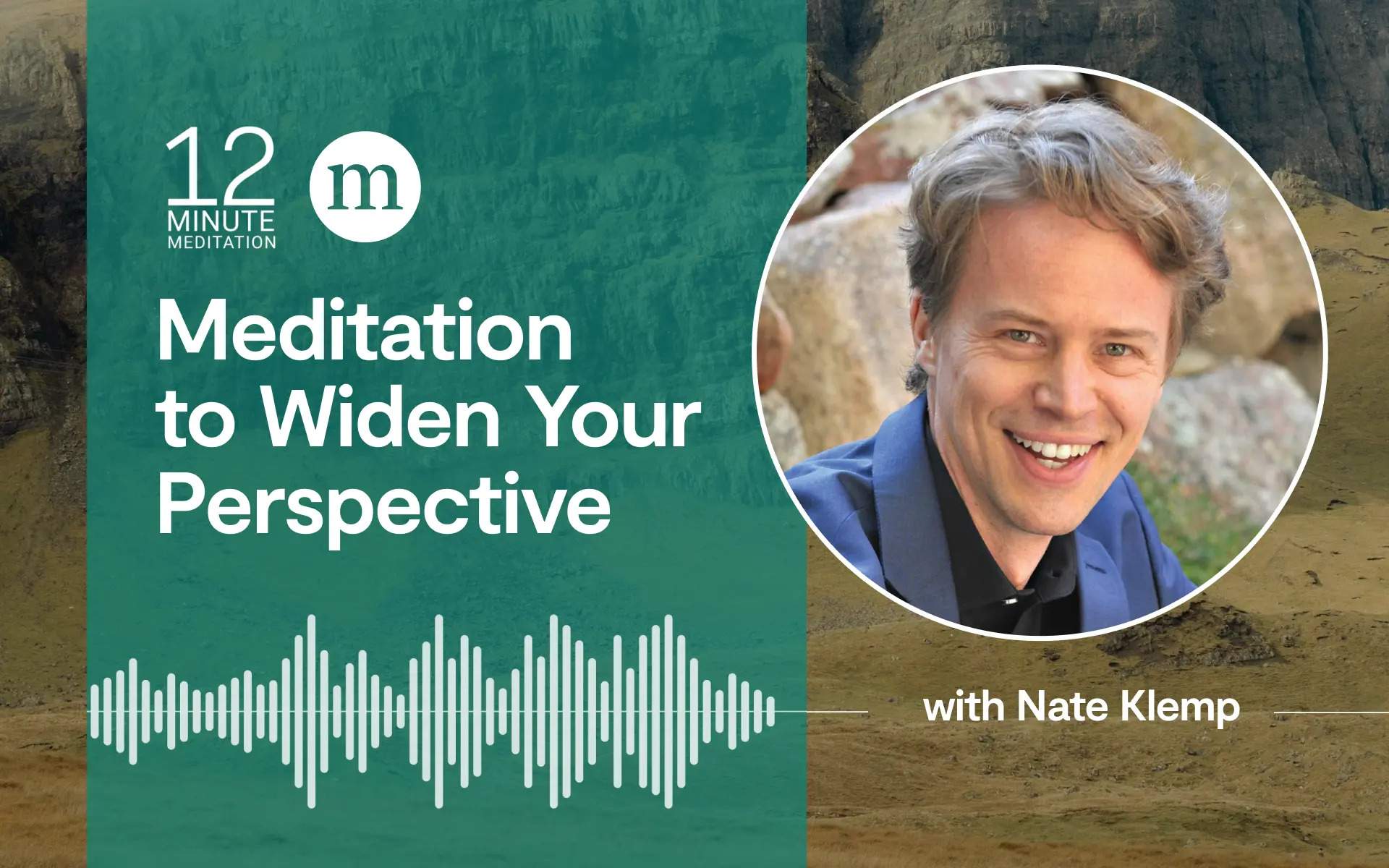Frank Ostaseski, a well respected meditation teacher, is the co-founder of the Zen Hospice Project, the Metta Institute and author of The Five Invitations: Discovering What Death Can Teach Us About Living Fully. He recently suffered a severe stroke. This brief article speaks to what he is learning in his recovery about the relationship between the brain and witnessing awareness.
Over the last few months, I have actually suffered several strokes or TIAs. Some more impactful than others. Each had slightly different symptoms and effects, some of which remained, while others passed after a short period of time. All of this has been extraordinary teaching in uncertainty and humility.
I feel a deep gratitude for years of awareness practice. The accumulated effect of decades of studying the mind, heart, and body has proved to be a reliable companion as I attempt to navigate the new set of conditions I have been given. Let’s see if it will help me write something that is cogent and real without too many errors.
The Power of Natural Awareness
At times, I find myself in awe of the mind’s capacity for witnessing awareness. It can remain stable even when the brain is scrambled. Awareness by its nature is open, transparent and sometimes mirrorlike. Often a non-conceptual open awareness simply emerges without the structure of formal meditation practice. Just a natural occurrence. At times it can be infused with certain essential qualities such as clarity, compassion or love. I’ve come to rely on this higher order of understanding to guide me in territory that I have not traveled in before.
When I came home after the initial stroke and the first hospitalization, home-health staff arrived at our home to be sure I could manage activities of daily living. Things like showering, and walking up and downstairs. They were rightly concerned about my falling given my vision deficits and troubles with conceptual processing. They were pretty worried about the gangplank from the dock to our houseboat. I was also told that the nature and location of my stroke might affect impulse control and cause me to take risks which might not be safe in my condition. Some of this was difficult for me to process, understand, believe and accept, yet I appreciated their concern and tried to include what seemed useful in their expertise and counsel.
Over the years I’ve seen that the mind can discover and discriminate many of the inexhaustible mysteries of life. But for me, it is the heart that helps me to see and know what is true.
One morning, I found myself at the top of our staircase. I noticed that my awareness opened in a very relaxed way and it became infused with love. This particular manifestation of love was not a merging, romantic or sentimental love. It had a quality of stability in addition to its receptivity and tenderness. At that moment, I had an image of my son Gabe standing at the bottom of the staircase. Now my love for my son is beyond words. As I stood there in this open loving awareness my wise heart spoke to me. Silently it helped me to see if I were to fall it would cause my son Gabe a great deal of harm. In that moment the love of my true nature and the mind’s discriminating wisdom came together to remind me to move safely. Because I did not want to create harm. Love functioned not only as guidance but it became a kind of stable resource that I could lean into. It was as steady for me as the handrails.
Over the years I’ve seen that the mind can discover and discriminate many of the inexhaustible mysteries of life. But for me, it is the heart that helps me to see and know what is true.
It is from this vantage point that we begin to see with clarity and release our grip on what we hold more dearly than any other concept—the concept of a separate self.
Making Space for Recovery
Doctors and clinicians keep reminding me that through neuroplasticity, the brain has an ability to morph, change, and heal. Through practice and therapy, we can strengthen vital connections in our brain, and it can, in turn, make the changes required for healing and recovery of full function.
To me our being can also self -regulate and through presence and awareness practice we can heal, make whole again, the disjointed, disassociated egoic ways we have separated from our soul and the ground of being.
All of us start out in life with good hearts. Hearts that can sense the essential qualities of our nature and be guided by them. Over the years, through conditioning, trauma, and misperception our appreciation of these qualities gets distorted and twisted. We lose touch with the nature of our nature and its innate functionality. In its place, we construct a small, separate sense of self that attempts to mimic others and what we lost touch with. I describe the sense of small, constructed self as a cheap imitation, like a knock off handbag. It looks similar but it is not the real thing.
This imitation does not need to become our only reality. In a similar way to brain healing, through presence and practice, we can strengthen the vital connections to our nature. Then our being will make the changes required for healing and returning the full functioning of our nature. What I call our true identity.
We can trust our hearts to be a reliable guide. When the clarity of my mind drops into the heart, I feel it as sincerity. I experience it as a sincere wish and the commitment to know the truth. To live in and love the truth.
In my opinion, meditation practice that doesn’t include love is being done for the wrong reasons.
One of the holistic healing modalities I am using is “neuromovement,” created by Anat Baniel. “This approach to human functioning and action is based on the understanding that movement is the language of the brain. Movement provides information the brain needs to grow and organize itself. And, in return, the brain organizes all movement, thought, feeling, and action.”
In a way, the brain lights up and starts learning again. The brain can then use this language and learned capacity to repair and develop neuro-pathways that can lead to healing outcomes, though the process is not linear.
Mindfulness emerges more easily in a relaxed mind, heart, and body. And curiosity or interest allows for the discriminating mind’s guidance to emerge and unfold naturally.
It requires patience and trust. I have also learned that it requires not getting too fixated on a specific outcome. For example, if I try to use the therapy in a way that is solely focused on recovering my vision, my brain starts stressing and trying in habitual ways. In that mode, I am trying to make something happen. Whereas if I relax, allow and support the brain’s innate capacity, I get curious in new ways, a learning switch turns on and the brain gradually develops new functionality. Slowly, slowly.
Meditation practice that is fixated on a specific outcome is driven by self-construct. It leads us down old, habitual paths and big surprise….there is no freedom to be found there.
Often new meditators think of the balance of effort in meditation as being about exerting more or less energy. I believe, practice and teach that the balance is better found in the relationship between relaxation and interest or curiosity. Mindfulness emerges more easily in a relaxed mind, heart, and body. And curiosity or interest allows for the discriminating mind’s guidance to emerge and unfold naturally.
So, my heart-mind is supporting my brain to heal (slowly) and my brain is helping me to appreciate the power of regeneration, self-regulation and our innate capacity to heal and return to wholeness. Certain capacities may never return but that is not required for healing and wholeness.
Please love as much as you can. Trust that the sun will rise each morning and that your eyes will open. These days, that trust feels like ease, like warm, golden honey is running through my veins, soothing, comforting. I feel like I am being held by something larger than me that also includes me. Resting with things as they are, body at rest, mind at rest, heart at rest, consciousness at rest.
May it be so for each of you.
If you would like to support Frank’s recovery fund, gifts can be made by Paypal, Mastercard or Visa using this link, or checks to Frank Ostaseski, mailed to PO Box 2710, Sausalito, CA 94966.








